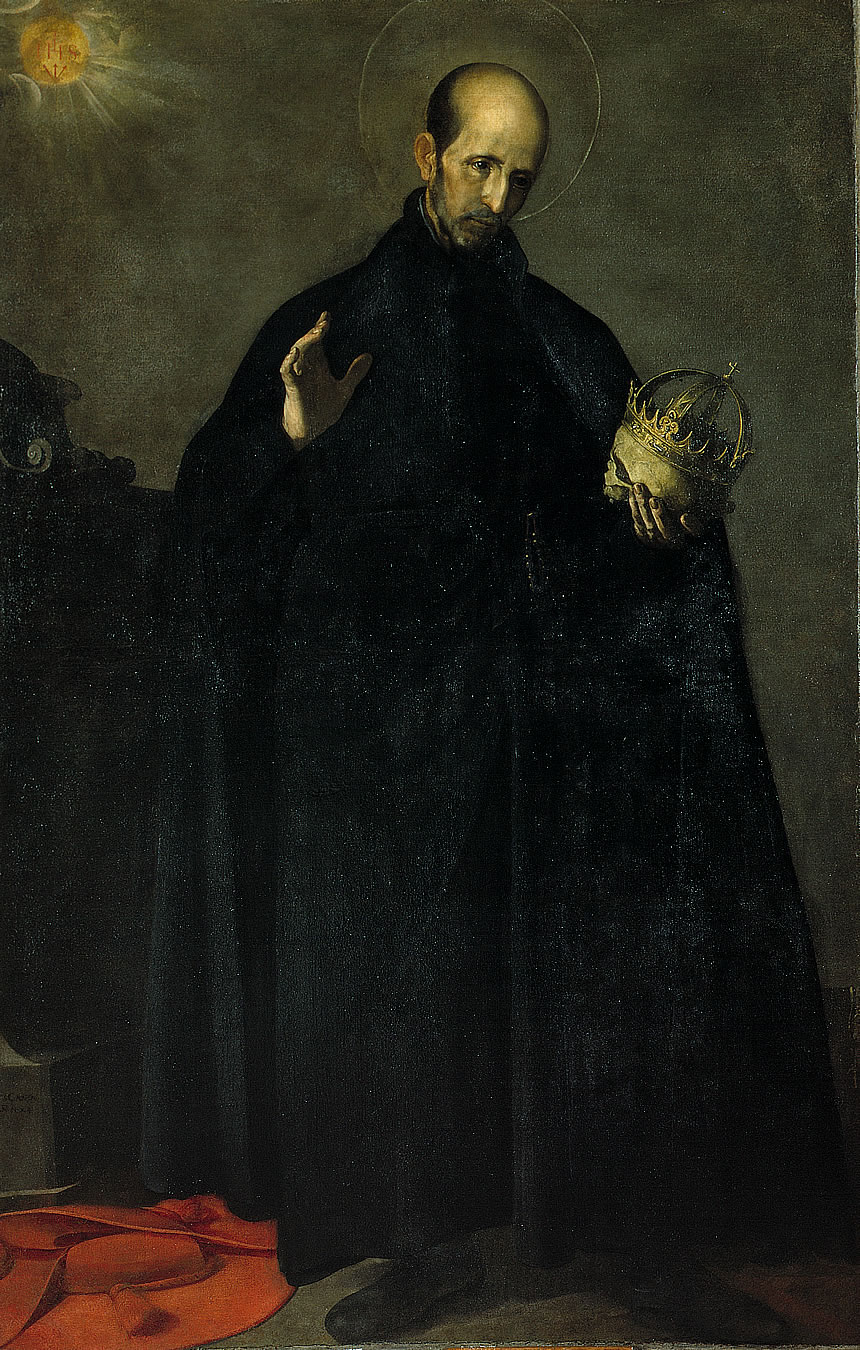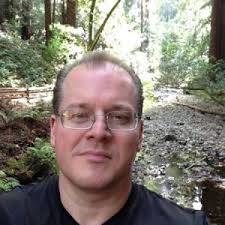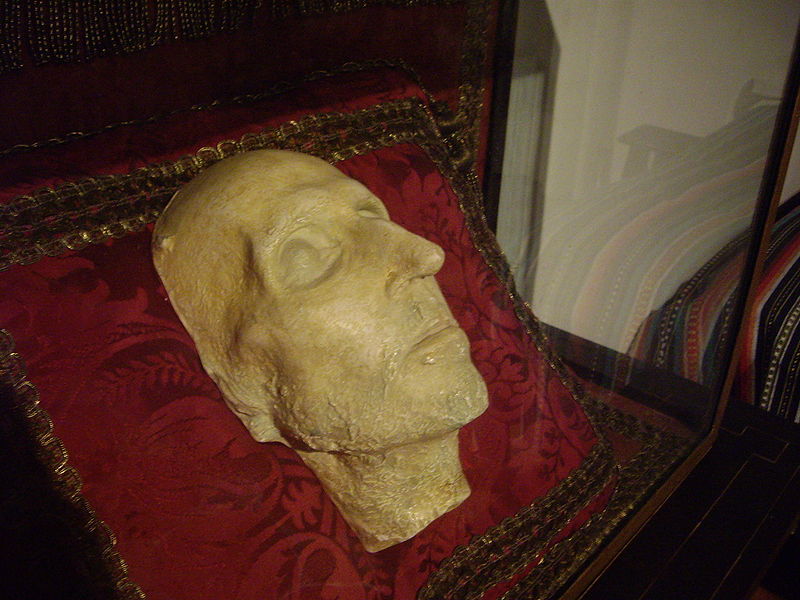
–San Francisco de Borja, 1624, by Alonzo Cano, 189 × 123 cm (74.4 × 48.4 in), oil on canvas, Museum of Fine Art Seville, Spain. Please click on the image for greater detail.

-by Mark A. McNeil, a former Oneness Pentecostal, was received into the Catholic Church in 1999.
“With more unstructured and unfilled time on our hands during the Covid-19 outbreak, many are searching for ways to stay active and entertained. On social media, for example, some are challenging “friends” by posting videos of workouts. Others are producing memes that highlight the challenge of working from home all day with school-aged children or a spouse.
Clearly, many are struggling with boredom, anxiety, and emptiness.
In his remarkable book, Man’s Search for Meaning, Victor Frankl reflected on his experience in a Nazi concentration camp and lamented a growing problem in the Western world: a widespread “existential vacuum,” or a strong and persistent feeling that something very important is missing in our souls. He undoubtedly would have seen our generation as validation of his mid-twentieth-century concerns.
One of the ways this deep sense of emptiness expresses itself, he wrote, was in “Sunday neurosis,” a term for the acute sense of boredom and emptiness that his psychological patients reported experiencing on Sundays, the day when they were free of work, shopping, and, in general, “doing.”
I am just old enough to remember when most businesses were closed on Sundays and “Blue Laws” were generally honored. All this changed during my childhood when malls and other stores began opening for limited hours. It has only accelerated since then: with the astonishing technological developments of recent decades, we have limitless opportunities for entertainment and distraction. We have an endless supply of images, information, entertainment, and stimulation at our fingertips.
Yet, despite all of this, the symptoms of Sunday neurosis persist. The flow of things to which we cling and with which we fill our lives never really satisfies. They are mere temporary distractions from the true yearnings of the human spirit. St. Augustine, profoundly aware of the transitory character of the material world, wrote that “I found no place in which I might rest” (Confessions VII.7).
Catholic saints and spiritual writers have long recognized the futility of human attempts to ground our contentment and peace in the illusory things of this world. Some have likened these efforts to a river that flows into an ocean with the same waters of the ocean flowing back into the river (Eccles. 1:7). Trying to obtain true and lasting peace from transitory things is a vicious cycle. There is no rest in such things because the soul is yearning for something qualitatively different.
Our problem is not a lack of access to pleasure. If Frankl, Augustine, and many others are correct, our problem is the vicious cycle of returning repeatedly to a source that turns out to be merely a temporary distraction.
If you go to a hardware store expecting to find Italian food, you’re going to be disappointed. To become aware of this is to find a path along which we may find peace, even in the face of our most perplexing questions.
We often pose such questions based on how we think the world should be like rather than the way that it is. “Why can’t I see God?” The answer is deceptively simple: we can’t see God because our power of sight is far too weak. We can see effects of God and know them as such, but we are blinded in the presence of God’s infinite radiance. As Aquinas said, “Our knowledge of God is like the light of the sun to the eye of the owl.” We speak of God in the night of this pilgrim journey, not in the day of heavenly union.
“Why does God let bad things happen in this world, like the coronavirus?” The answer again is deceptively simple. God lets bad things happen in this world because this world is not heaven. When we appreciate this life as a pilgrim journey, we can accept the fact that we cannot find our true rest in it. This realization does not remove the temptation to try, but it does help us when we experience the inevitable pain that comes when we suffer loss.
Maybe you have seen an image of Francis Borgia, the sixteenth-century Jesuit saint, holding a skull. One of the wealthiest men of his time, he saw the decomposing remains of the Empress Isabella, and, shaken to his core, determined to serve God alone rather than earthly, temporary, fading authorities. Perhaps a similar lesson may be gleaned in our time of precariousness and isolation. As was true of such times past, we may cling to Christ, God’s extended hand from eternity into time.
Many years ago, a friend shared with me a couple lines from an old poem that hold up well: “Only one life, ‘twill soon be past. Only what is done for Christ will last.””

-deathmask of St Francis Borgia, SJ, please click on the image for greater detail.
Love, joy,
Matthew
